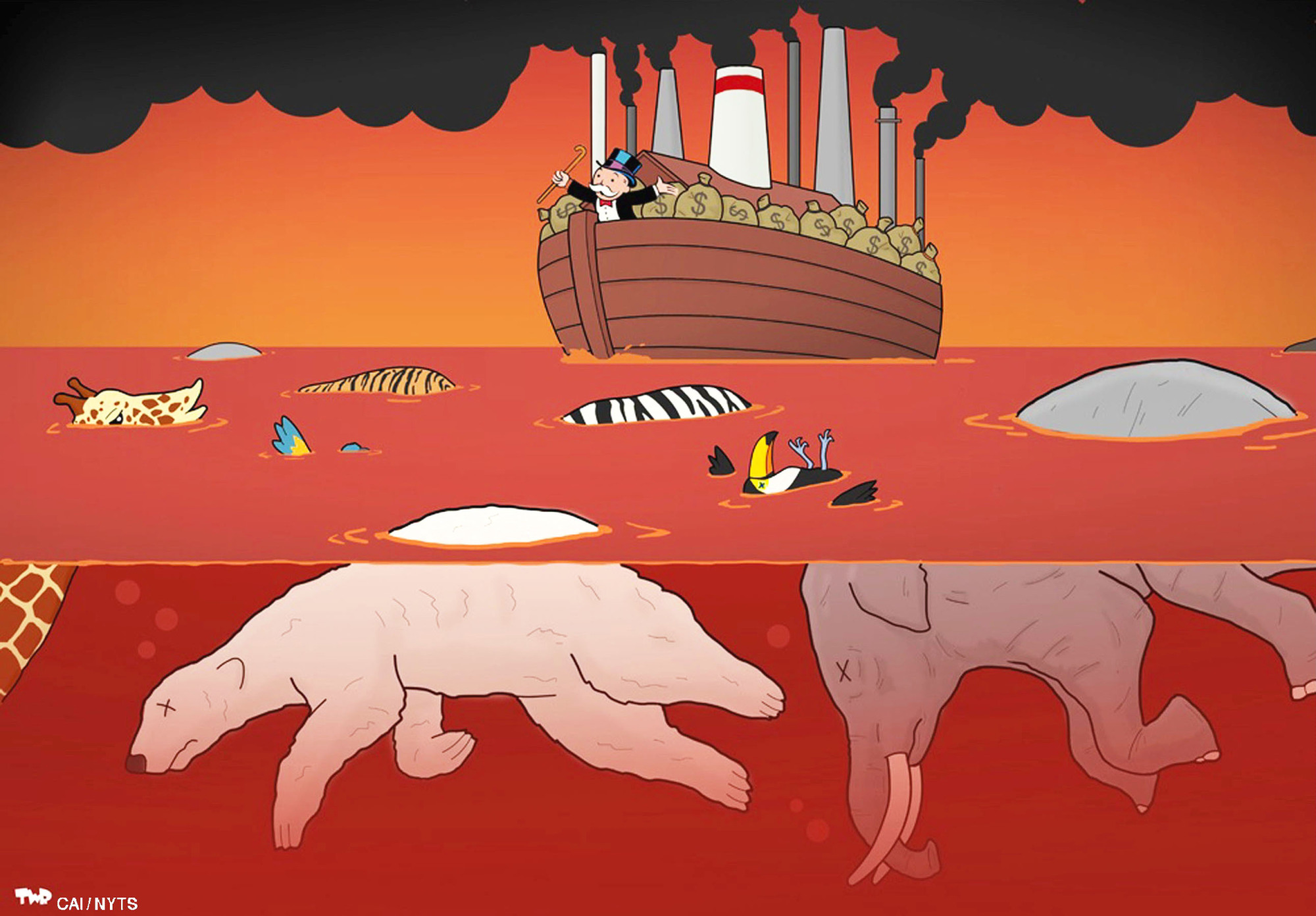With global temperatures rising at an alarming rate, the race is on to lower the world's consumption of fossil fuels and accelerate the adoption of greener forms of energy. Among the most discussed remedies are those that would use market forces to make traditional fuels more expensive; ideas include putting a price on carbon and protecting natural resources that remove carbon dioxide from the atmosphere.
At first glance, market-based strategies might seem appealing. After all, as Adam Smith noted in "The Wealth of Nations," "It is not from the benevolence of the butcher, the brewer, or the baker that we expect our dinner, but from their regard to their own interest." In other words, the best way to convince emitters like Chevron or General Motors to help save the planet must be to appeal to their profit motive, right?
Not necessarily. While free markets may have steered much of the world toward a wealthier, healthier future, placing our faith in Smith's "invisible hand" to win the fight against climate change would be a tragic mistake.
















With your current subscription plan you can comment on stories. However, before writing your first comment, please create a display name in the Profile section of your subscriber account page.